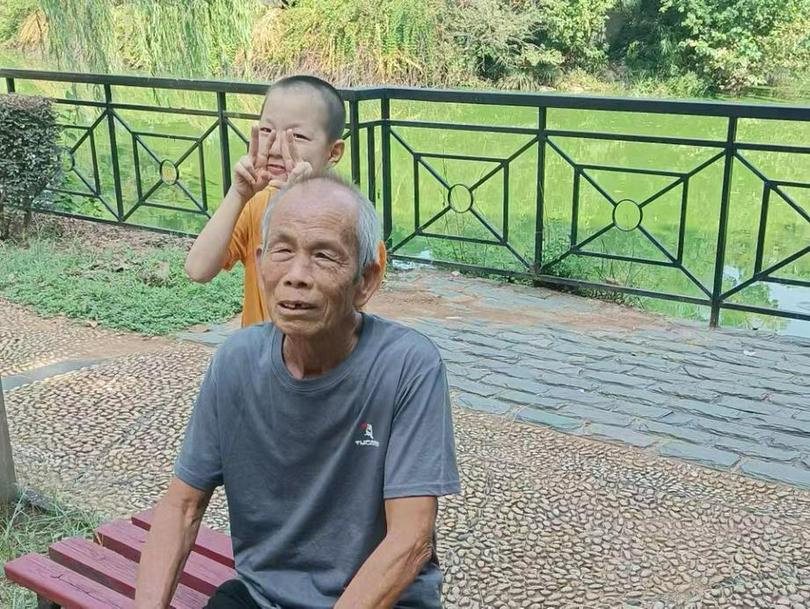On December 7, Luo Shanxue, a comfort woman’s son of public concern, passed away at the age of 79 at his home in Lipu City, Guangxi Province.
As the son of a comfort woman, Luo had spent the majority of his life in humiliation and hatred. In the first half of his life, he even resented his mother for bringing him into the world. It wasn't until he got older that he could finally understand her.
Japanese troops occupied Lipu County (now Lipu City) in October 1994. Wei Shaolan, 24, and her nursing daughter were caught while hiding by the soldiers and transferred to a Japanese "comfort station." There, Wei suffered the ravages of Japanese soldiers for more than three months, only to discover her pregnancy during that time. She considered abortion, but other comfort women advised her, "The child was not guilty." Wei then fled the comfort station with his daughter, unnoticed.
However, after an arduous journey returning to her hometown, the originally loving husband disliked her so much that he even beat her when drinking. Wei also considered suicide, but her kind mother-in-law intervened, and with her support, Wei chose to give birth to a child named Luo Shanxue.
Luo had been single for his life and took care of his mother till she passed away at 99 in 2019.
It wasn’t until Luo's later years that there were Christian volunteers who truly accepted him and loved him. Knowing his leg issue, volunteers actively helped reach out to the hospital in Wuhan City. He came to the city in August, and during his stay, a female Christian invited him to stay at her home. Also in the same month, other volunteers celebrated the old man's 78th birthday. It was the first time he felt grateful for his birth and experienced true happiness.
Now, many Christians who are concerned about Luo are mourning. A male believer shared, "Luo had endured a life of humiliation, cold looks, rejection, and injustice. Now he rests in a place where there is no supercilious look, no neglect, and no rejection. May he find peace in the arms of the Heavenly Father."
- Translated by Poppy Chan











